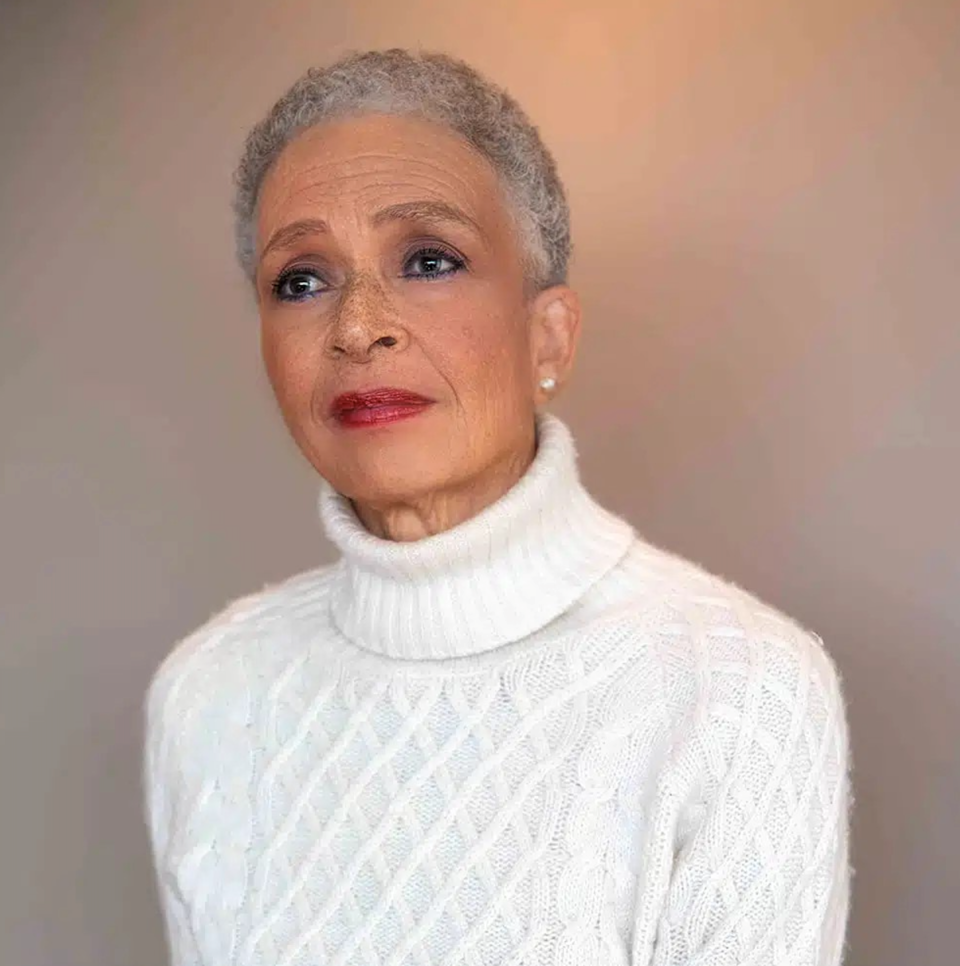Races, written by Valerie Jerome, recounts the “trials and triumphs of Canada’s fastest family.” Valerie Jerome is the sister of Harry Jerome, the Canadian sprinter who “was once the fastest man on Earth.” Harry held the 100-yard world record, was a three-time Olympian and an Olympic bronze medallist. The author was also an outstanding athlete in her own right.
For anyone living in British Columbia between the 1940s and 1980s, there is a good chance most would not be aware of the storied lives of two of Canada’s most accomplished athletes. The Jerome siblings are Black, and in the foreword, Valerie writes, “it is time Canadians knew the truth. This is mine.” Jerome’s truth, told through her life story, describes the open and hidden racism existing at the time. This affected her and Harry’s ability to perform, seek jobs and be accepted in public settings. Harry strove to be a superb athlete while trying to maintain a sense of self in the grim reality of suffering racially motivated abuse by others.
The author relates the disturbing story of the Jerome children’s upbringing. Their dad was a loving man, but his job as a porter for the Canadian National Railway meant he was often out of town for long periods. Valerie Jerome tells the story of their violent mother—who passed as white, and rejected her children because they were “too Black.” Neglectful, verbally and physically abusive, their mother would disappear from the house, leaving the children to fend for themselves, and at times they ended up in care. It wasn’t until she was an adult that Valerie understood their mother was mentally ill.
Sport was a place the siblings could shine and be successful. It was a great equalizer and helped both Harry and Valerie find their place in this tumultuous time.
“Harry’s chief struggle was not on the track. His greatest obstacle was shared by Black people in the U.S. and Canada,” Valerie writes.
The pervasive, everyday threat of racism always had him on guard and never let him forget that people considered him less-than. Harry rose above these obstacles, and when he retired from competition, found his passion in instilling the love of sport in children, putting his energy into “designing the Premier Sports Award to improve the quality of physical education.”
Soon after his death, the Harry Jerome Award was created to recognize and celebrate achievement in the Black community throughout Canada.
Alongside the detailing of her brother’s life and his achievements, Jerome threads in her own story. She documents her love of athletics, of competing, and her marriage and subsequent birth of her son. Stuart was a boy who showed no sign of interest in sports, but Valerie loved “reading at bedtime, walking him to the park, playing games, holding him for hours, and above all laughing together.” All the things she never received from her mother.
Harry died abruptly of a brain aneurysm at the age of 42, and Valerie felt compelled to write their story, including the ones Harry was unable to tell. The author has divided her book into three main sections: The Starting Line (1888-1957), On Your Marks (1958-1962) and The Finish Line (1963-1982). These segments chronicle the family’s origins, including stories and tales of Jerome’s grandfather Army Howard, “the dusky boy” who competed in the 1912 Olympic games in Stockholm; the pervasive racism; Valerie’s love of teaching; and the legacy of Harry Jerome.
“For years, the fiction of Canada’s innocence has dominated the discourse,” Valerie writes. “Canadians, or at least those who think they know their country’s history, take comfort in the belief that Canada was never as bad for Black people as the United States.” As Jerome’s story unfolds, it is clear this is untrue. The truth told through the life experiences described in this book will hopefully awaken Canadians and give fuel to the fire for change.
Donna Savage was born the same year as Valerie Jerome, and like many Canadians, feels that she was unaware. In Grade 10, Donna found herself in a 100-yard sprint with Valerie. Right out of the blocks, Donna looked up to see Valerie already yards in front of the whole field. Donna went on to pursue a career in physical education and is an avid reader.
Libby McKeever is a retired youth librarian who is an avid reader and writer of both fiction and creative non-fiction.
Catch Valerie Jerome at the Whistler Writers Festival’s Reading Event 8: Setting the Record Straight: Non-Fiction Reading Event on Oct. 19. Find more info and tickets at whistlerwritersfest.com.




